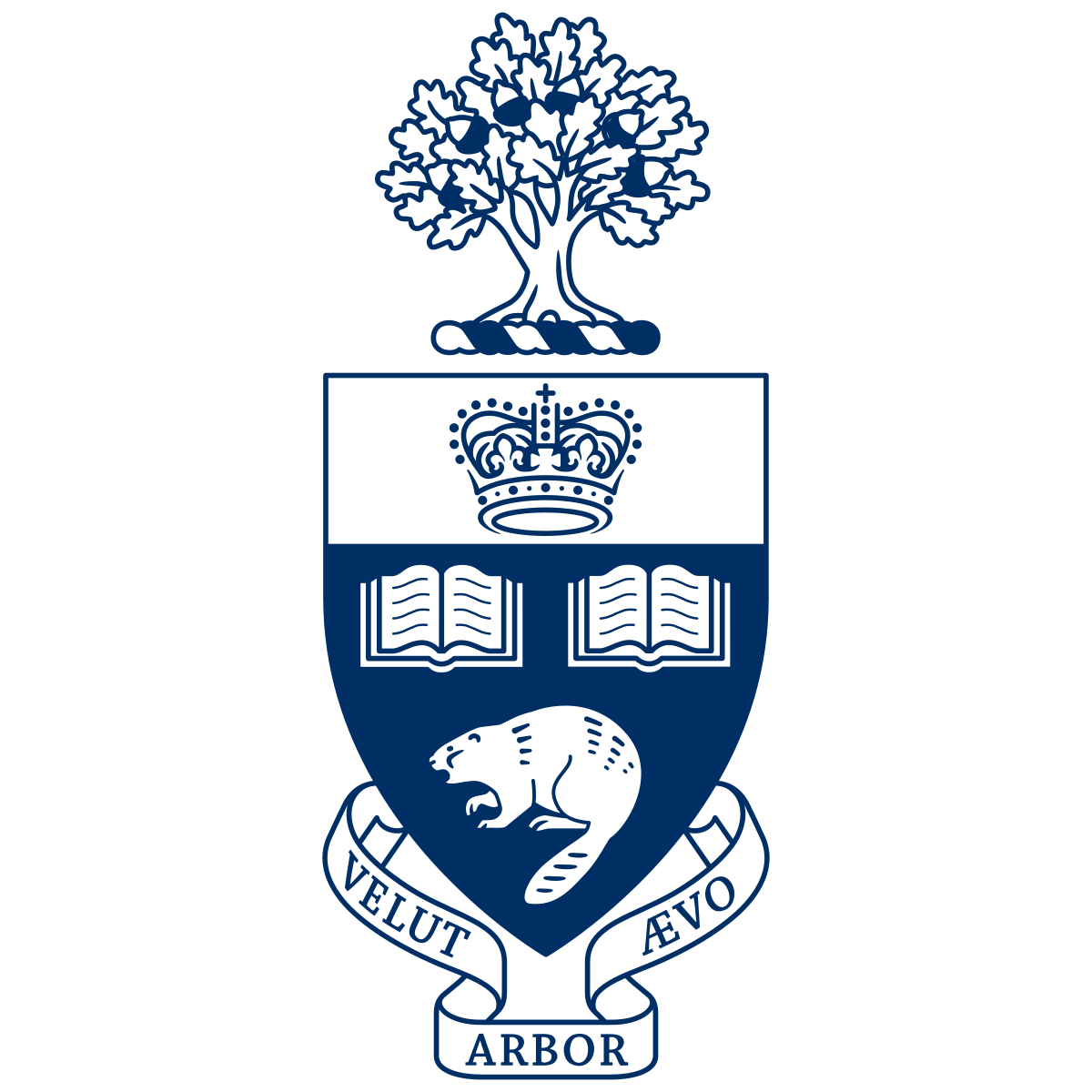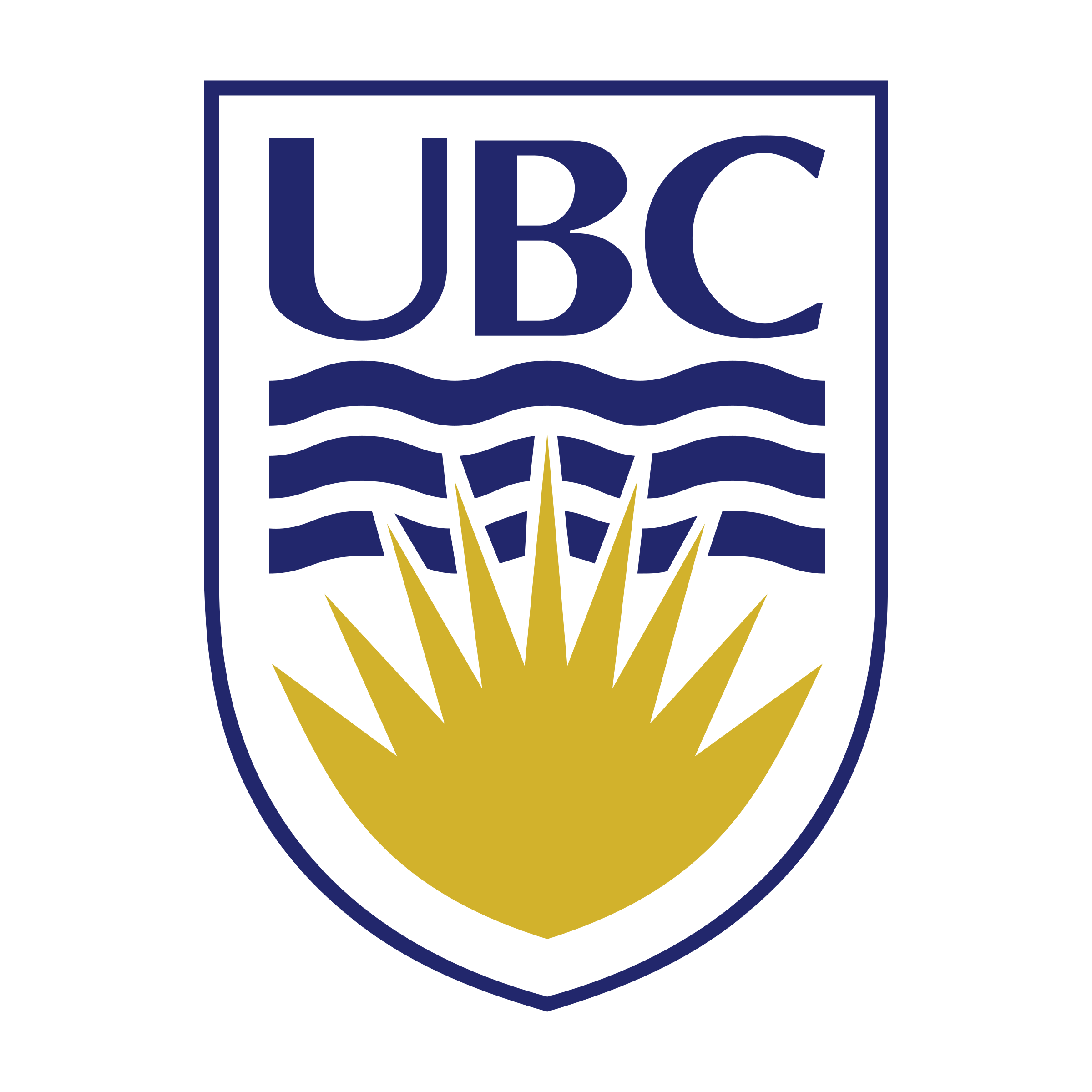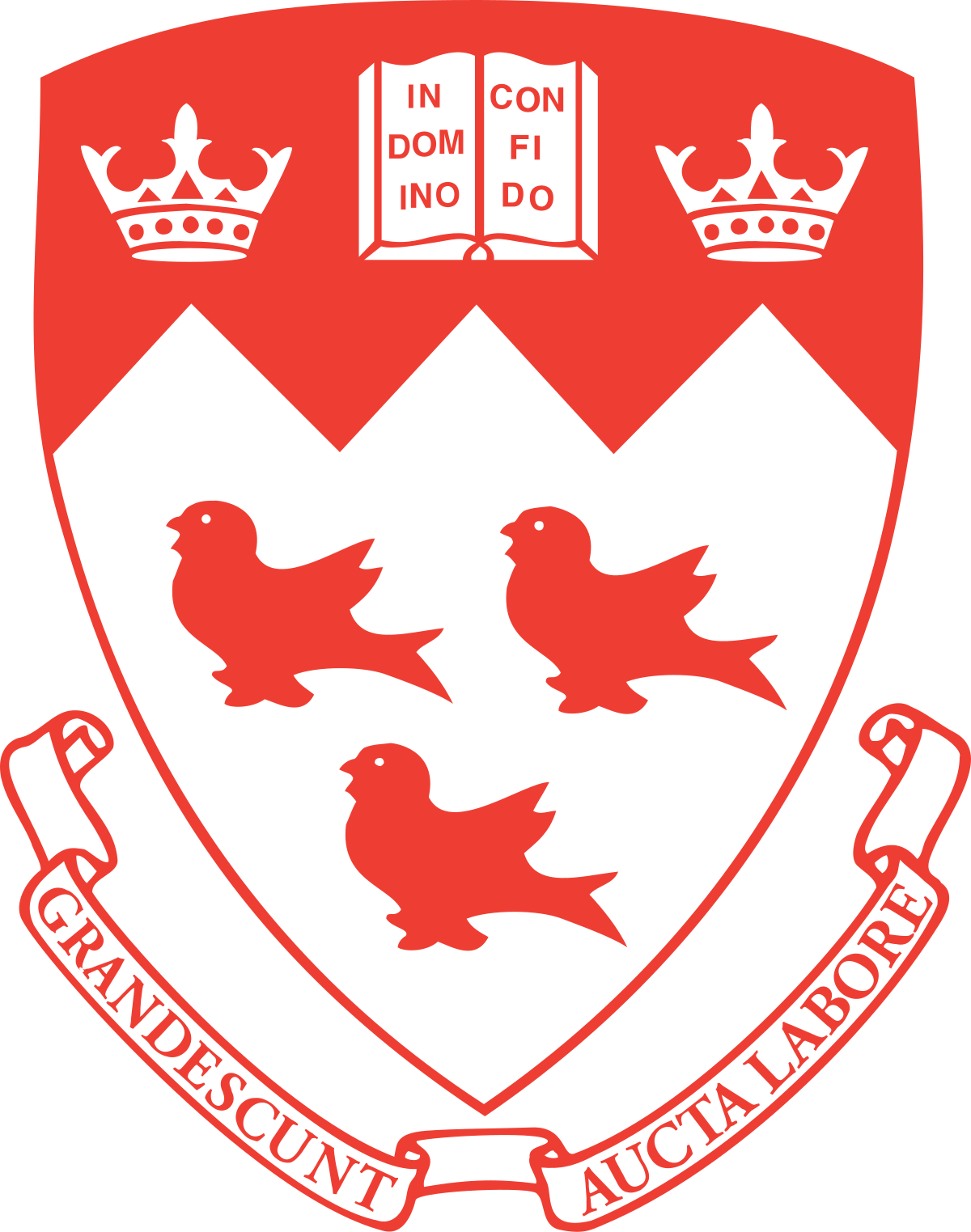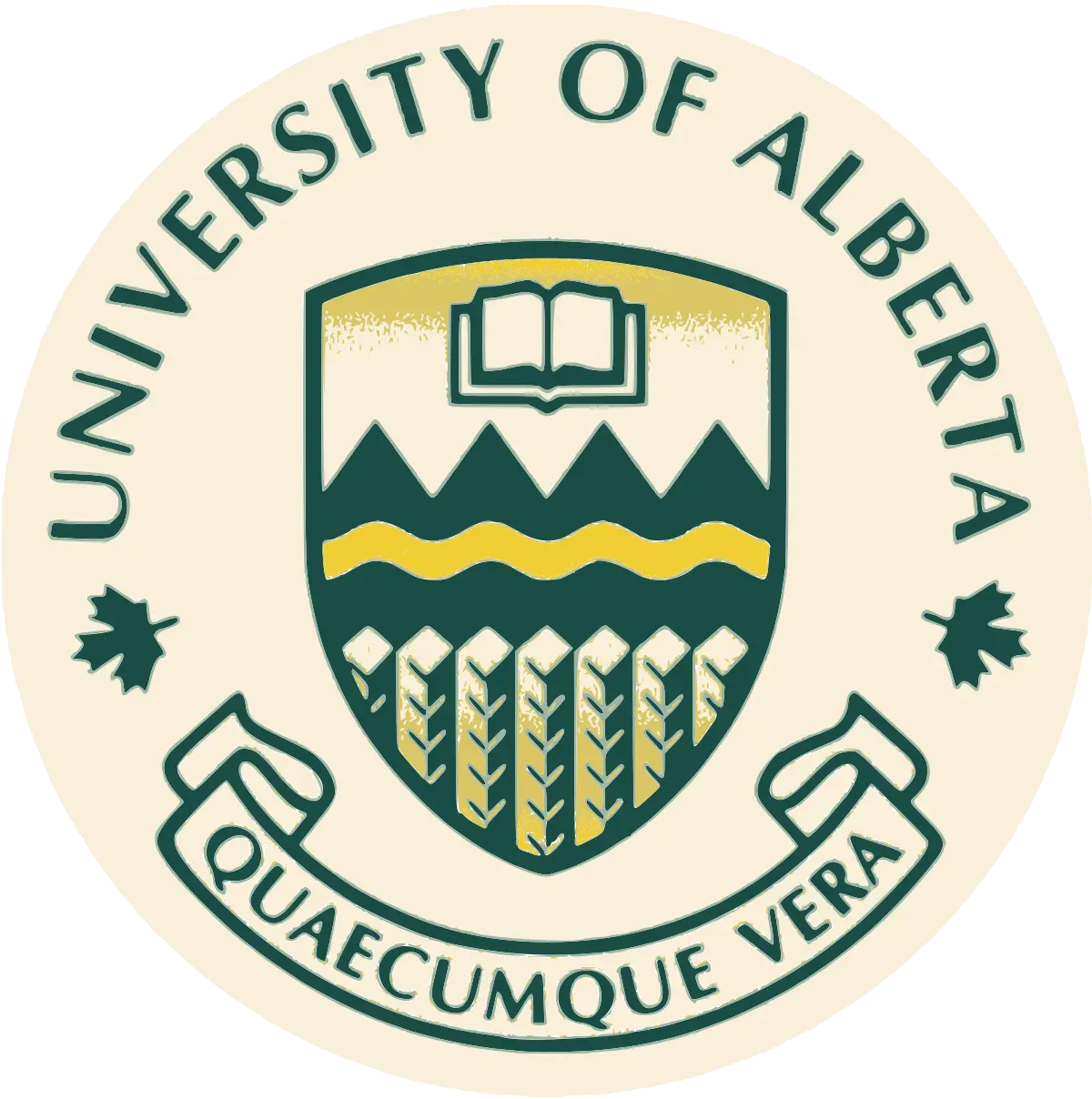

Why Study in the Canada ?
High acceptance rates make Canada an ideal choice for study-abroad aspirants. Unlike other popular study-abroad destinations, Canadian universities are easier for students to secure admission. This, combined with a diverse cultural experience, and a safe living environment, positions Canada as a leading destination for students aspiring to pursue higher education abroad.
- High Acceptance Rate
- vibrant student life
- personal growth Opportunities
Dailing Code
+44
Emergency Number
999
Universities and Colleges
160+ universities
Exchange Rate
≈113.59 INR
Official Languages
English
Population
67 million people
Top Universities in Canada
Canada hosts 31 globally ranked universities as per the QS World University Rankings 2024,
offering top choices for Indian students planning to study abroad.
All Universities
| University | Location | IELTS | Ranking |
|---|---|---|---|
| University of Toronto | Toronto, Canada | 6.5 | 21 |
| University of British Columbia | Vancouver, Canada | 6.5 | 34 |
| McGill University | Montreal, Canada | 6.5 | 30 |
Admission Requirements to Study in Canada
Key requirements for studying in the Canada that you must fulfill when applying to a Canada university:
Core Verification Documents
- Copy of a valid passport
- Proof of English proficiency (TOEFL/IELTS)
- ACT/SAT/LSAT (UG) · GMAT/GRE (PG)
- Academic transcripts
- Evidence of funds
Supporting Application Materials
- Academic references
- Employer recommendation
- CV / Resume
- Statement of Purpose (SOP)
- Essays (if required)
- Portfolio
- Certificates of extracurriculars
Cost of Studying in Canada
Canada offers world-class education, post-study work opportunities, and affordability, making it a top study-abroad choice. Here’s a quick breakdown of the costs involved.
Tuition fees in Canada vary by program and level; undergraduate courses are generally more expensive than postgraduate programs for international students.
- Undergraduate Courses (general range):$12,000 – $30,000
- Engineering & Medicine Courses (UG Level):$22,000 – $60,000
- Humanities, Business & Management (UG Level):$5,500 - $6,500
- Postgraduate Courses:$13,000 – $27,000
- MBA Programs:$28,000 – $60,000+

Canada offers affordable housing options and relatively low living costs, making it budget-friendly for international students.
- On-Campus Residence:$8,000 - $12,000
- Private Apartments :$1,000 - $2,500
- Shared Rentals & Homestays :$400 – $900
- Monthly Living Expenses (Excluding Rent) :$300–$60
- Health Insurance & Miscellaneous Costs :$600–$900

Visa to Study in Canada
A Study Permit is essential for international students in Canada, allowing study at designated institutions and part-time work, supported by a simple application process and student-friendly policies.
Study Permit
Required for international students enrolled in programs longer than 6 months at designated learning institutions (DLIs).
Student Direct Stream
A faster processing stream for students from select countries (including India) meeting specific criteria.
Post-Graduation Work Permit
Allows graduates of eligible Canadian institutions to work in Canada for up to 3 years after completing their studies.
Part time Careers and Work Opportunities
Studying in Canada offers diverse cultural experiences and a high standard of education, making it a top choice for international students. Alongside academic benefits, Canada also provides various employment opportunities for students, such as:
Part-time Work Opportunities
international students in Canada can work off-campus for up to 24 hours per week during academic sessions. During scheduled breaks (e.g., summer or winter holidays), they are permitted to work full-time.
Post Study Work VISA
students in curriculum licensing programs won’t qualify for a PGWP. Master’s graduates will be eligible for an extended 3-year work permit.
Top Trends in the Canada Right Now
Home-Based English Exams in 2025: Who Accepts and Who Doesn’t?
Over the last few years, remote English language exams such...
Read MoreWhat is the Purpose of the PTE Exam?
The Pearson Test of English (PTE) is a globally recognized...
Read MoreTips to Crack the IELTS Toughest Module
The International English Language Testing System (IELTS) is a widely...
Read MoreFrequently Asked Questions
Canada Study permit is a document issued to students after they enter Canada. They are also issued an eTA (electronic travel authorization) along with the study permit.
A student visa is issued to students to enter Canada. It is issued in your native country.
Yes, you can enter and study in Canada without IELTS. Canadian study institutions have adopted different English language tests to check language proficiency of students.
Canada has state-of-the-art infrastructure and a high standard of education, which attracts international students.
Yes, you have the option of working part-time while studying in Canada.






















